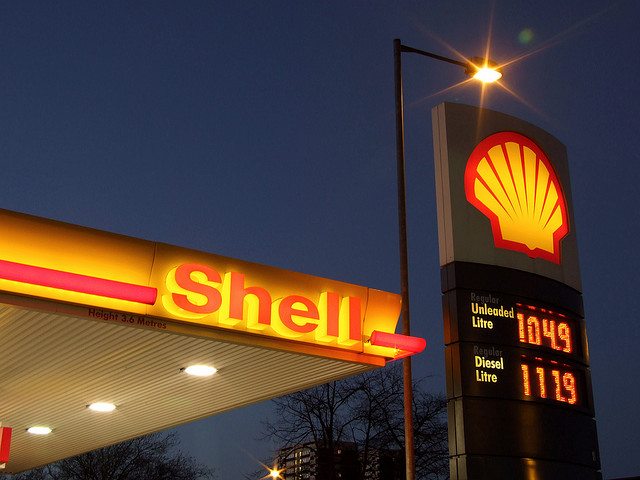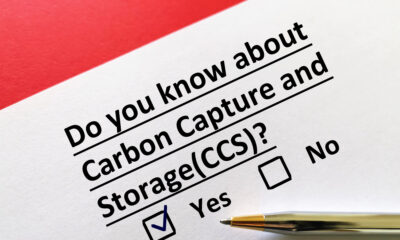

Invest
Shell letter to shareholders: fossil fuels will not create ‘carbon bubble’
In a letter to shareholders, oil giant Shell has said that it does not believe any of its proven fossil fuel reserves will become ‘stranded’ as a result of current or foreseeable future legislation concerning carbon reduction.
Whilst the letter notes that climate change risks are moving up the political and public agenda, Shell seeks to reassure investors that it is taking steps to minimise emissions and prepare for more significant action against carbon emissions.
The letter, signed by JJ Traynor, who heads up Shell’s investor relations team, states, “There is a risk that focusing on ‘stranded assets’ or the concept of the ‘carbon bubble’ distracts attention away for the reality of a growing population, increasing prosperity and growing energy demand.
“A fundamental transition of the energy system will be needed but that will take considerably longer than some alarmist interpretations of the unburnable carbon issue would have the public believe. Shell is focused on finding real solutions based on current energy realties to the widely acknowledged and real threat of climate change.”
The letter notes that the recent Intergovernmental Panel on Climate Change (IPCC) report could lead to regulatory priorities changing relatively suddenly. However, it adds, that because of the “long-lived nature of the infrastructure and many assets in the energy system, any transformation will inevitably take decades”.
This, coupled with growing energy demand, which is particularly strong in developing nations, means that the “world will continue to need oil and gas for many decades to come”, the company says. Shell estimates that fossil fuels will account for 40-60% of energy supply in 2050 and beyond.
The letter states that whilst the stranded assets notion may “appear to be a strong and thought-through case” it has some fundamental flaws, including failure to acknowledge significant projected growth in energy demand, carbon capture and storage technology, natural gas, bioenergy and energy efficiency measures.
The letter sets out scenarios that show the world can tackle and resolve the climate issue “over the course of this century, but not in less time than that”.
It adds, “There is no doubt that we need a more robust and thoughtful societal debate on addressing CO2 emissions, but it needs to be one that recognises the possible and pays heed to the reality of the world today and is a frank acknowledgement of the cost to society inherent in large scale shifts of the energy system.”
In terms of the fossil fuel industry, stranded assets refers to fossil fuel reserves that must stay in the ground in order to mitigate climate change, making the assets effectively worthless as a result. The issue and what it means for investors has been moving up the agenda.
At the beginning of the year, Standard Life Investments warned investors to consider the sustainability of the companies they invest in to ensure they are now exposed to future risks that could negatively affect financial performance.
Meanwhile, the UK’s environmental audit committee has also stated that stock markets are at risk of instability because fossil fuel assets can become overvalued when climate change mitigation is factored in.
Photo: Lee Jordan via Flickr
Further reading:
Nigerian community takes Shell to court over oil spills
Shell suspends Arctic oil drilling plans
Shell’s grounded oil rig due to inadequate plans
Oil giant Shell, Total and Exxon report falling profits in Q3
Investors warn of ‘carbon bubble’ as Shell predicts climate regulation will hit profits


 Environment12 months ago
Environment12 months agoAre Polymer Banknotes: an Eco-Friendly Trend or a Groundswell?

 Features11 months ago
Features11 months agoEco-Friendly Cryptocurrencies: Sustainable Investment Choices

 Features12 months ago
Features12 months agoEco-Friendly Crypto Traders Must Find the Right Exchange

 Energy11 months ago
Energy11 months agoThe Growing Role of Solar Panels in Ireland’s Energy Future





























